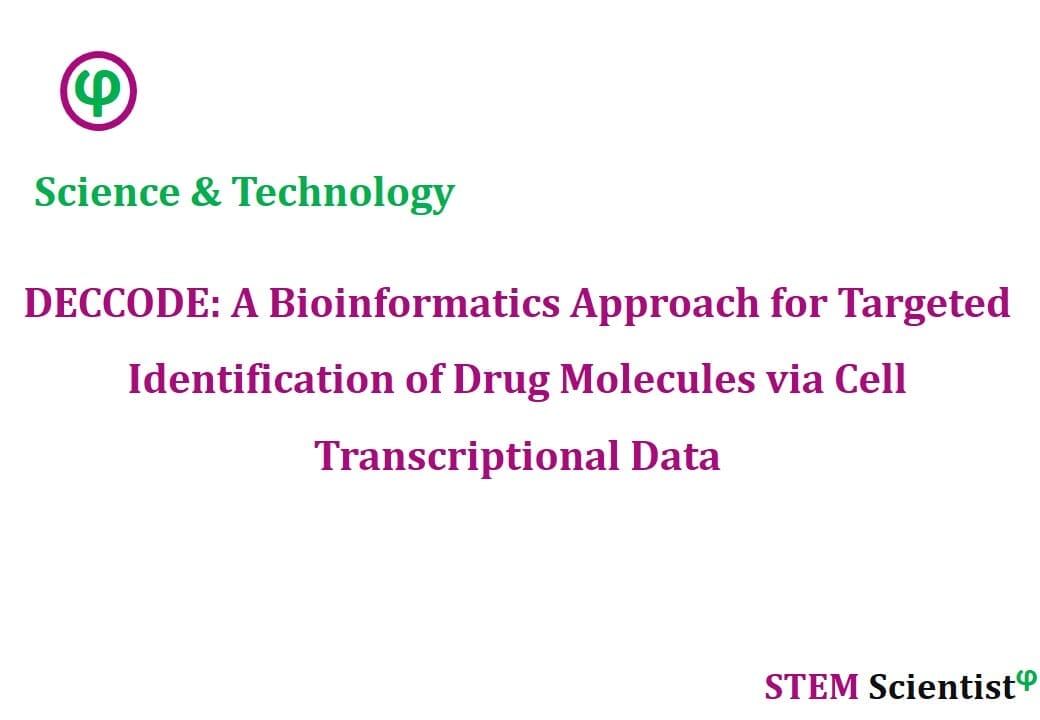
The following study was conducted by Scientists from Telethon Institute of Genetics and Medicine (TIGEM), Pozzuoli, Italy; Computational Bioscience Research Center, King Abdullah University of Science and Technology (KAUST), Thuwal, Saudi Arabia; Max Planck Institute for Molecular Genetics, Ihnestrasse, Berlin, Germany; Telethon Institute of Genetics and Medicine (TIGEM), Armenise/Harvard Laboratory of Integrative Genomics, Pozzuoli, Italy; RIKEN Center for Integrative Medical Sciences, Yokohama, Kanagawa, Japan; Department of Translational Medicine, University of Naples Federico II, Naples, Italy; Department of Chemical, Materials and Industrial Production Engineering, University of Naples Federico II, Naples, Italy; Graduate School of Integrated Sciences for Life, Hiroshima University, Kagamiyama, Higashi-Hiroshima, Japan. Study is published in Stem Cell Reports Journal – Cell Press Publishing (2020) as detailed below.
Stem Cell Reports Journal – Cell Press Publishing (2021)
Automatic Identification of Small Molecules that Promote Cell Conversion and Reprogramming
Highlights
- DECCODE method for identification of drugs that promote cell conversion
- Predicts drugs that alone or in combination increase reprogramming efficiency
- Validated for reprogramming of human fibroblast to hiPSCs
- Treatment suggestions provided for 145 target cell types
Summary
Controlling cell fate has great potential for regenerative medicine, drug discovery, and basic research. Although transcription factors are able to promote cell reprogramming and transdifferentiation, methods based on their upregulation often show low efficiency. Small molecules that can facilitate conversion between cell types can ameliorate this problem working through safe, rapid, and reversible mechanisms. Here, we present DECCODE, an unbiased computational method for identification of such molecules based on transcriptional data. DECCODE matches a large collection of drug-induced profiles for drug treatments against a large dataset of primary cell transcriptional profiles to identify drugs that either alone or in combination enhance cell reprogramming and cell conversion. Extensive validation in the context of human induced pluripotent stem cells shows that DECCODE is able to prioritize drugs and drug combinations enhancing cell reprogramming. We also provide predictions for cell conversion with single drugs and drug combinations for 145 different cell types.
Source:
Stem Cell Reports Journal – Cell Press Publishing
URL:https://www.cell.com/stem-cell-reports/fulltext/S2213-6711(21)00159-4
Citation:
Napolitano, F., Rapakoulia, T., Annunziata, P., Hasegawa, A., Cardon, M., Napolitano, S., Vaccaro, L., Iuliano, A., Wanderlingh, L.G., Kasukawa, T., Medina, D.L., Cacchiarelli, D., Gao, X., di Bernardo, D., Arner, E., 2021. Automatic identification of small molecules that promote cell conversion and reprogramming. Stem Cell Reports 16(5), 1381-1390.


